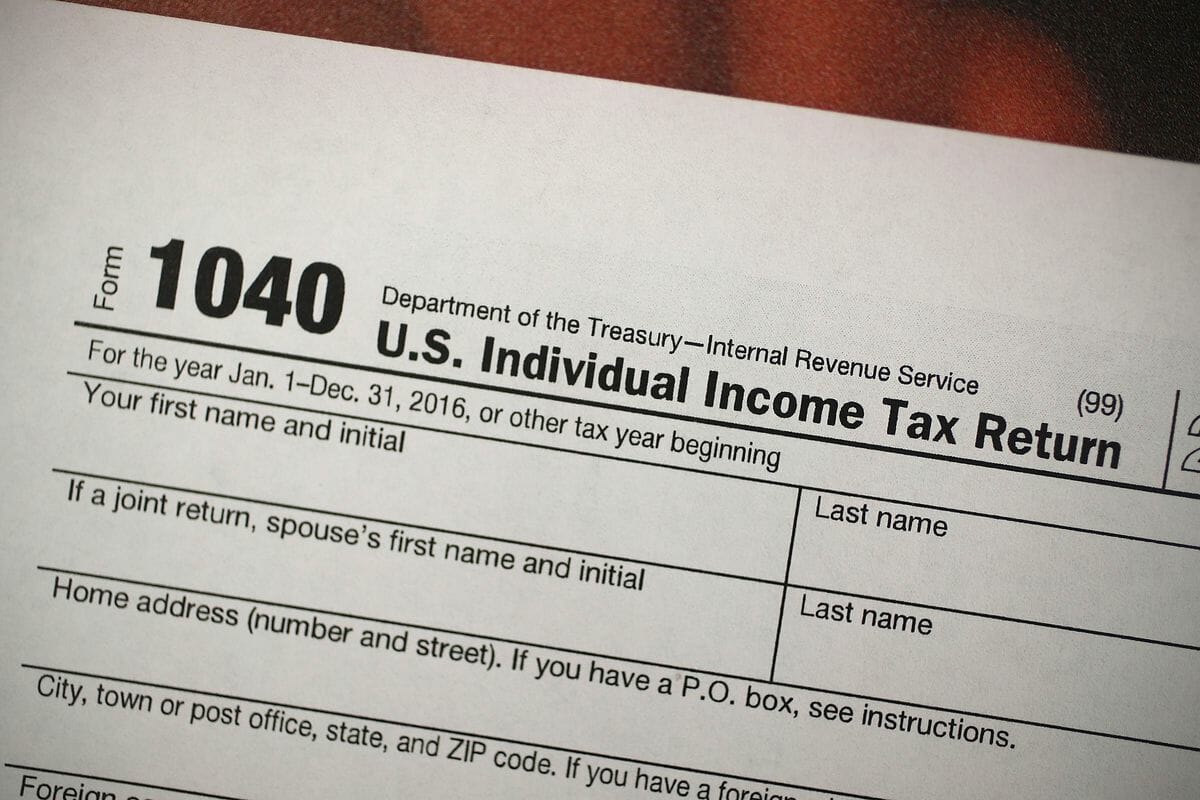Over the next 10 years, the agency will get $79.6 billion from the Inflation Reduction Act. More than half of this money will go to enforcement.
Over the following ten years, the Inflation Reduction Act will provide the agency with a total of $79.6 billion, with more than half of that money going toward enforcement.
Sunday, Senate Democrats passed their plan for the environment, health care, and taxes, which included nearly $80 billion for the IRS.
The Inflation Reduction Act gives the agency $79.6 billion over the next 10 years. This is part of President Joe Biden’s plan. More than half of the money is for enforcement. The IRS wants to get more money from companies and people with a lot of money who try to avoid paying taxes.
The rest of the money will go toward operations, taxpayer services, technology, making a direct free e-file system, and other things.
Recent estimates from the Congressional Budget Office say that all of these improvements will bring in $203.7 billion in revenue from 2022 to 2031.
A report from the Government Accountability Office in May 2022 says that the number of IRS audits has gone down over the past ten years, with the biggest drops happening among the wealthy.

The number of audits of people making $5 million or more in the United States dropped from 16 percent in 2010 to about 2 percent in 2019. The agency said that it is trying to get these numbers to be better.
Garrett Watson, a senior policy analyst at the Tax Foundation, said that if the Inflation Reduction Act is passed by the House and signed into law, it will take time to add the extra money to the IRS. Only about $3 billion of the $203.7 billion in revenue for 2023 is estimated by the Congressional Budget Office.
“The agency didn’t get to where it is overnight, and it won’t move in the right direction overnight either,” he said.
Proponents are happy about the increased budget for the IRS, but opponents say that the increased enforcement may affect more than just wealthy Americans, which would go against Biden’s $400,000 promise.
Sen. Mike Crapo, R-Idaho, the ranking member of the Senate Finance Committee, said in a statement, “My colleagues say this huge funding increase will allow the IRS to go after millionaires, billionaires, and so-called rich ‘tax cheats,’ but in reality, a big chunk of the money raised from their IRS funding increase would come from taxpayers with incomes below $400,000.”
IRS Commissioner Charles Rettig said that the $80 billion in funding would not lead to more audits of households that make less than $400,000 a year.
In a letter to the Senate, he said, “The resources in the reconciliation package will get us back to historical norms in areas that are hard for the agency, like large corporations and global high-net-worth taxpayers.”
“These resources are not at all about making audits harder on small businesses or Americans with middle-class incomes,” he said.
According to a poll from the University of Maryland in 2021, more than two-thirds of registered voters agree that the IRS should have more money to make sure that high-income taxpayers pay their taxes.
